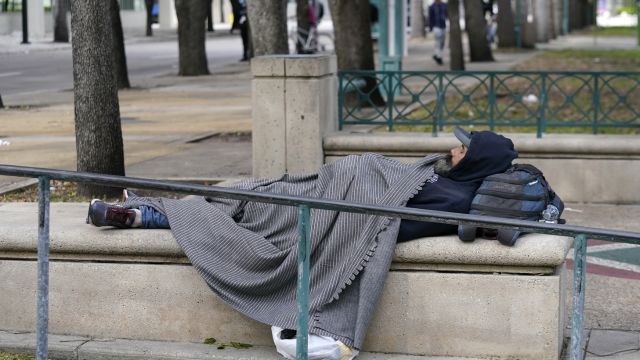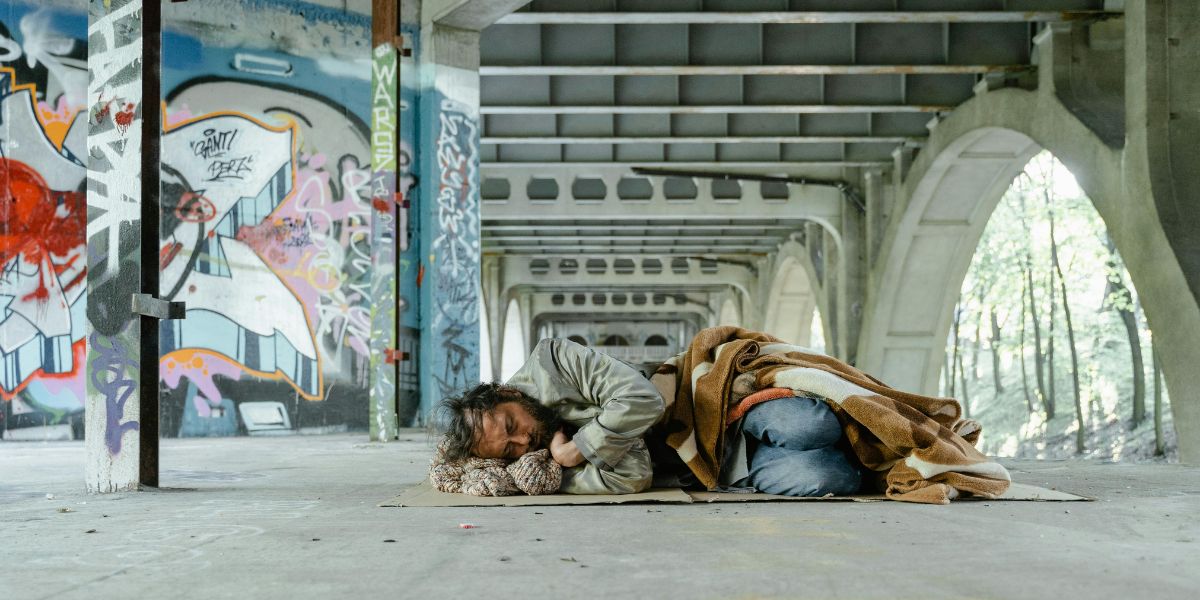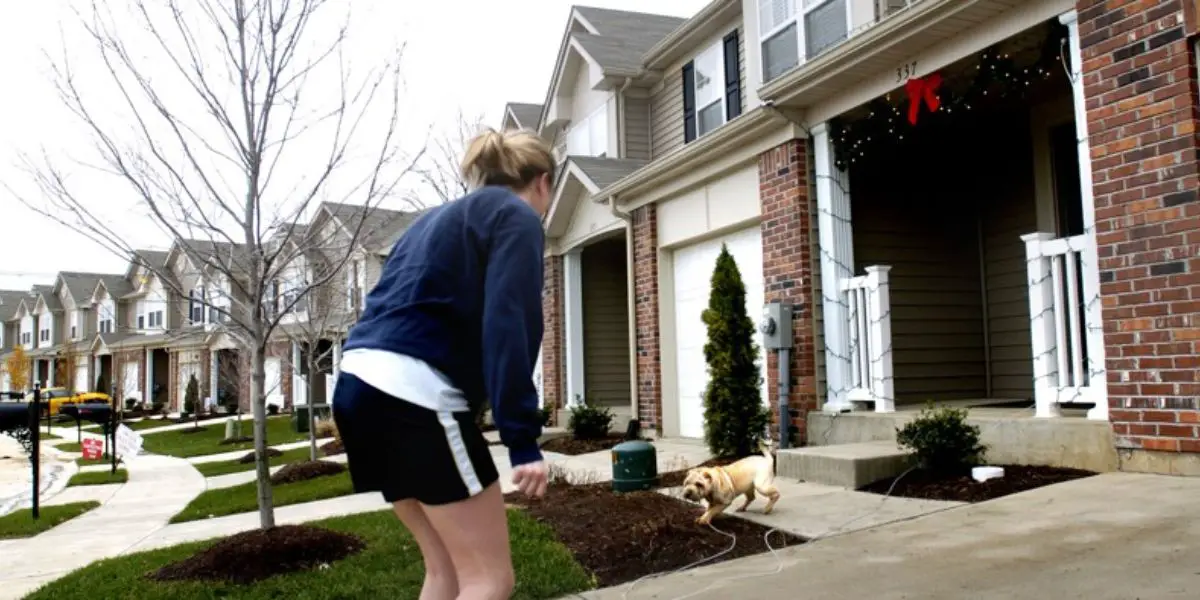MJP –
A new legislation in Florida prohibiting the routine use of public spaces for overnight camping or sleeping will go into force on October 1.
On Friday’s episode of The Florida Roundup, Dawn Gilman—CEO of Changing Homelessness in Jacksonville—discussed the legislation and initiatives aimed at providing housing for Floridians without homes.
The number of people experiencing homelessness in Northeast Florida who are 55 and older and have a disability is increasing at a faster rate than any other demographic. The number of young single parents raising little children is also on the rise, according to Gilman. When we conducted our yearly Point-in-Time count, we saw those two categories.
Also, this is the first place where we’ve noticed a change. Out of the homeless population, around 75% are men and 25% are women. January was a first: there were more women than men living without shelter in our neighborhood.

According to Gilman, the number of available shelter beds in Duval County is below 600, while Nassau and Clay counties do not have any general shelter beds. Domestic abuse shelters are available in every county.
According to Martha Are of the Homeless Services Network of Central Florida, the main problem is the shortage of housing.
There hasn’t been some dramatic uptick in the number of people struggling with mental health or drug abuse; rather, the housing market is the sole driver of these statistics.”The fact that we don’t have enough housing, not the disabling condition, is the reason why people are homeless,” stated on Friday’s episode of The Florida Roundup.
SEE MORE –
New Law in Florida Reduces Timeframe for Construction Defect Lawsuits
Gilman stated that Changing Homelessness collaborates with landlords in the three-county region, makes use of funds to assist with moving costs, and provides short-term financial aid to help people secure housing.
Gilman explained that their intervention program is centered around helping people get homes and then training them to be able to keep them.
In addition, the group does its best to find “deeply affordable housing,” as Gilman put it.
The majority of newly constructed homes require financial assistance in the form of tax credits, grants, or fundraising efforts. As a result, the rent is reasonable and affordable for most individuals. When it comes to really low-cost housing, commercial developers do not profit. For them to construct such dwellings in our various communities, more incentives are required.
“It’s not the disabling condition that is the cause of homelessness, it’s the fact that we don’t have enough housing.” In the realm of Martha
Public camping and sleeping areas can be designated by counties and municipalities under new legislation; these areas must meet certain requirements, including the availability of potable water and facilities, mental health services, and a prohibition on the use of illicit drugs and alcohol. Additionally, the specified property can’t be used nonstop for more than a year.
For those who were either unable or unwilling to stay in the city’s shelter, Dignity Village, an encampment of a similar kind, was established in Gainesville in 2013. Within the self-governed community, hundreds of individuals made their homes under makeshift tents.
Sadly, Dignity Village ceased operations in 2020. Residents were appointed case managers to help them locate long-term accommodation as the city shuttered the campground gradually over a succession of months.
In response to the new legislation, Gainesville Mayor Harvey Ward offered the following advice to municipalities considering the construction of campgrounds.
“A well-managed campground is going to include a lot more professional services than I think the bill contemplates,” he added, highlighting the significance of finding long-term housing for people.
Are mentioned that there are still some unclear parts of the law, like how local governments should handle cases of individuals sleeping on the streets, and that the deadline is approaching in October.
“Is it helping one individual progress?” Does that mean that someone will never return? Are they ensuring that no one else visits that spot at all times? That is, unless it’s merely relocating people on a regular basis. Those things are stated.
According to Gilman, Changing Homelessness is taking several measures in anticipation of the deadline, including a push to house as many individuals as possible in August. By the month’s end, they will also have turned their attention to assisting homeless veterans.
“We are just wrapping up a 90-day project. We went back for all those people we identified during the Point-In-Time count, but were not immediately able to help. Our goal was to try to get them into housing, or at least a more stable place to live so they could be off the streets,” described Gilman.




